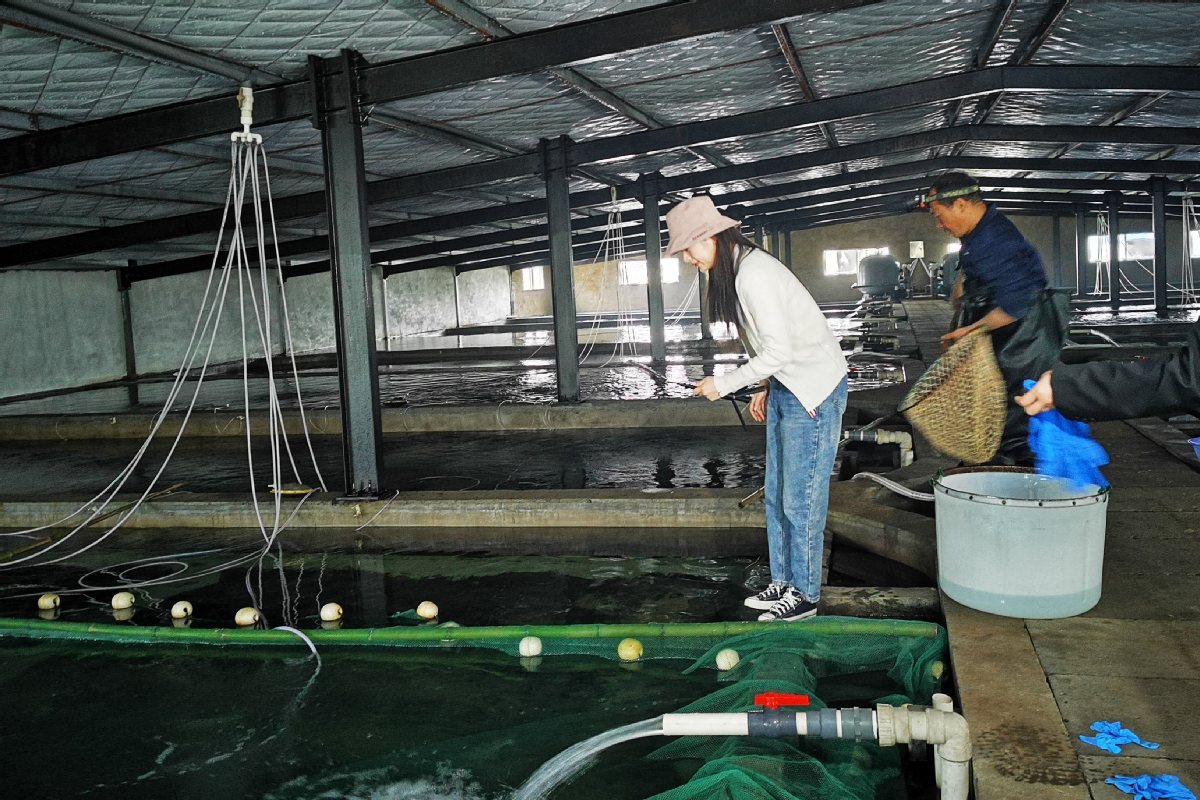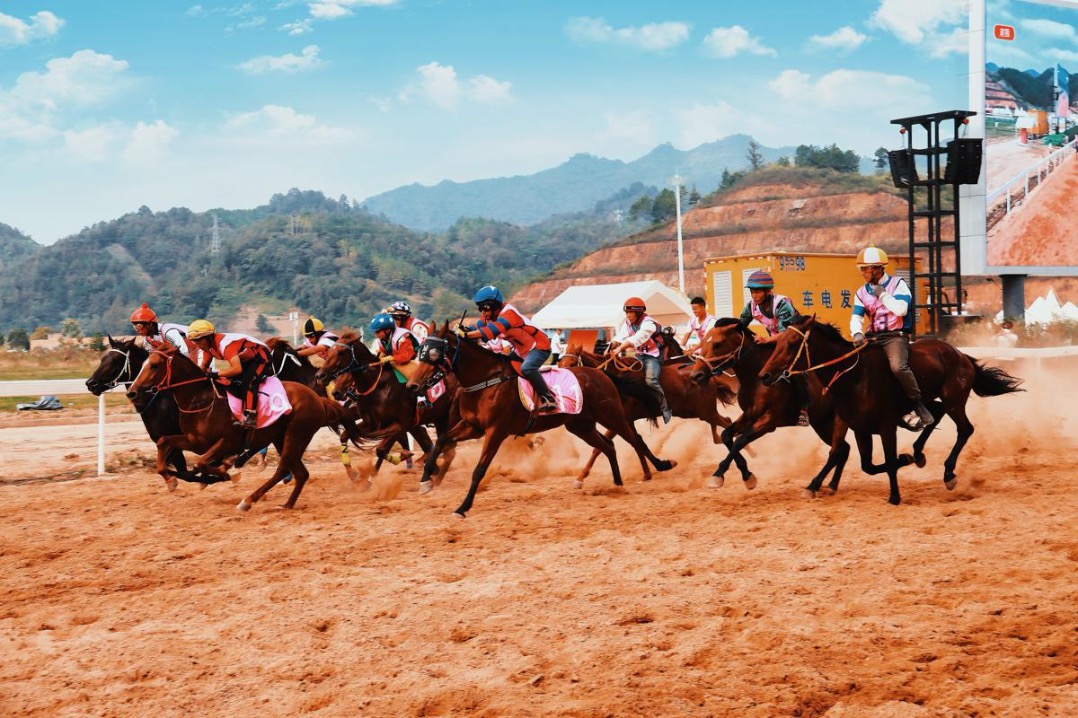Yangtze protector works to replenish stocks of rare fish


When he was young, Zheng would hear fishermen singing as they approached the dock with large catches.
"You could tell that their songs were happy," he said. "They usually came back with boats that were full of fish and shrimp as rewards for a day's hard work.
"But they caught less and less fish, and eventually many varieties disappeared in the Yangtze. They were not only delicacies, but also species that cannot be replenished."
Zheng said he felt sad about the situation and wondered what he could do to bring back fish stocks.
In 2000, he left his steel business to get into the aquaculture industry. He took boats along the Yangtze to find rare broodstocks, or parent fish, and in late spring he would spend 15 hours a day on the water.
For Zheng, who had only finished junior high school and had no experience in the industry, tracing broodstocks seemed to be an impossible task. But he ignored other people's criticism and stuck to his mission.
Over the next 20 years, he purchased rare broodstocks, usually at high prices, from fishermen who had accidentally caught them. He also sourced rare species from overseas. Zheng conducted his own research on different methods to hatch various fish eggs, including the knife fish.
In June 2002, he released the first batch of 400,000 puffer fish into the Yangtze to help restore their stocks. "Some people said I had lost my mind pouring money into the river, but I knew I was doing the right thing," said Zheng.
Following his example, many individuals, companies and organizations have joined the volunteer efforts to replenish fish stocks. In 2007, the Jiangyin government designated June 12 as Yangtze River Fish-Release Day.
In 2008, the year he was elected a representative of the Jiangsu Provincial People's Congress, Zheng submitted proposals to ban fishing in the Yangtze to protect biodiversity.
He said he was excited to hear that a 10-year fishing ban on key areas of the country's longest river took effect in January last year. The ban extended to the entire Yangtze mainstream and key tributaries starting this year.
To publicize knowledge about rare fish in the Yangtze, Zheng has established a museum. He often patiently explains to children visiting the museum how important it is to protect the environment and restore biodiversity.
In October, Zheng was given Jiangsu's Most Beautiful Ecology and Environment Protector award by the Jiangsu Department of Ecology and Environment and the Wuxi Information Office.
Zheng Bingqing, his granddaughter, is a great supporter of his work. The 26-year-old has decided to carry on with Zheng's efforts to restore fish numbers.
"Like my grandfather, protecting the mother river will become my mission and career," she said. "His dream all those years ago was to witness more varieties of fish swim in the Yangtze. I won't let him down."
- China expels Japanese vessel for unlawfully entering waters of Diaoyu Dao
- Xi encourages students to actively engage in sci-tech innovation
- 5.3-magnitude quake hits Xinjiang, no casualties reported
- China's anti-graft chief urges further improving Party conduct, combating corruption
- Chinese agricultural scientists win FAO Achievement Award
- 55 officials punished for deadly January fire





































